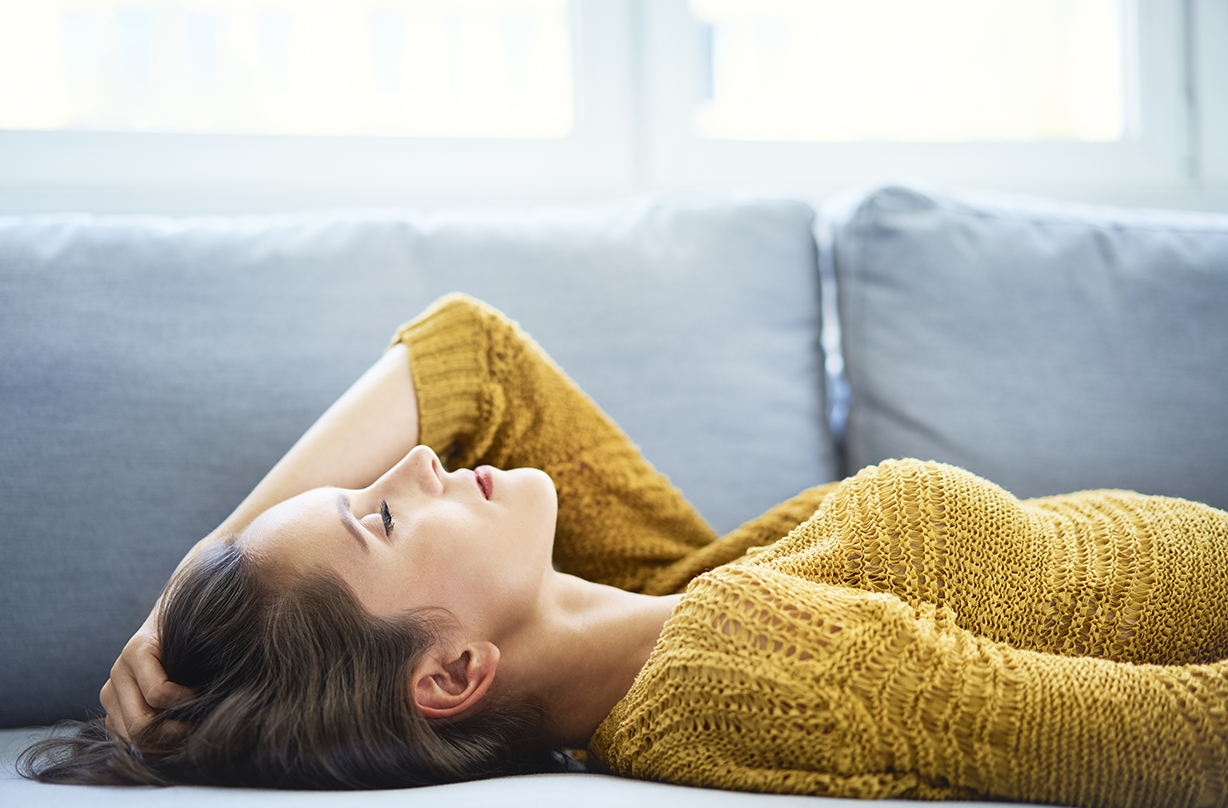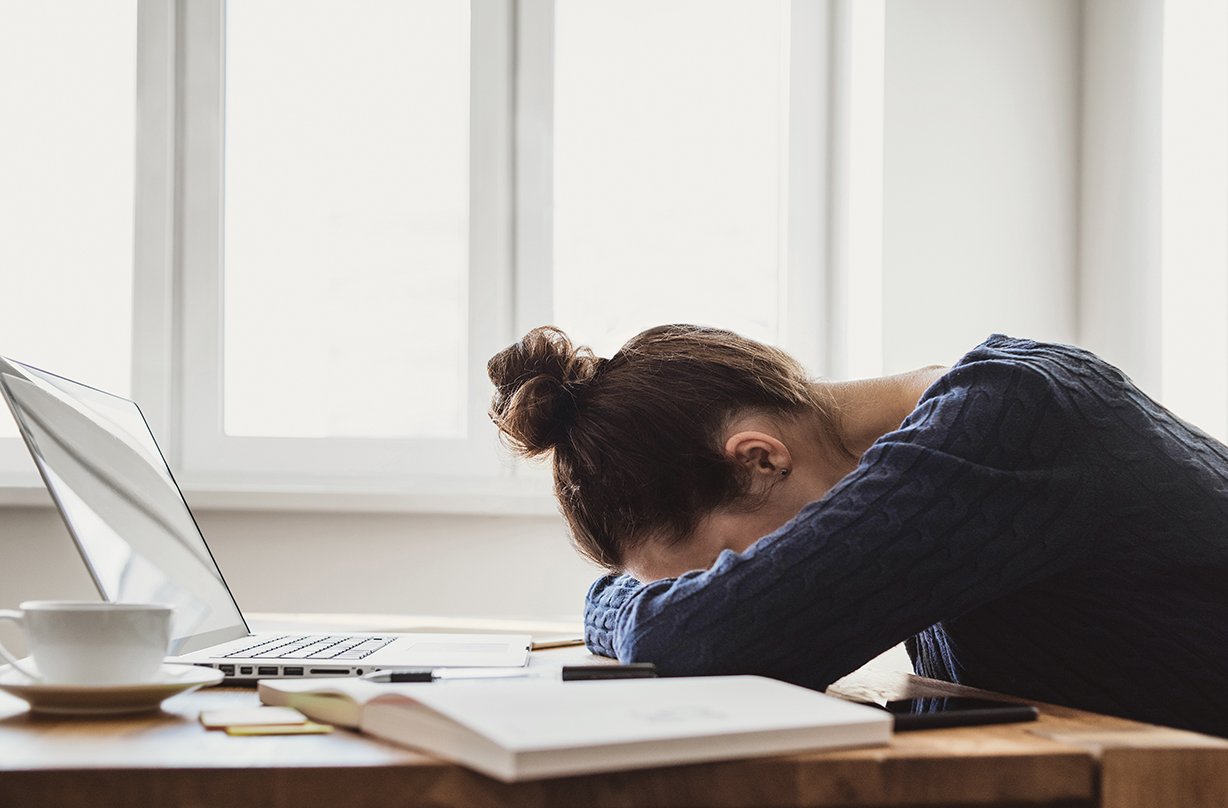How lockdown is affecting people's sleep – and there’s one surprising age group that is particularly struggling


The country has been under lockdown for nearly three months due to the outbreak of the coronavirus pandemic.
And it seems as if the strange time has been affecting people’s sleeping patterns.
A new study, which looked at 2,254 Brits between the ages of 16 and 75 has revealed that 40 per cent of those studied have slept for fewer hours per night compared to before lockdown.
Half of participants revealed that their sleeping pattern has been affected in a negative way and of those who are facing financial difficulties 48 per cent are getting less sleep than before.
MORE: Can't sleep? Things to try if you're waking up at night
The study, carried out by Kings College London and Ipsos MORI, also found that the age group that have had their sleep affected the most are those between the ages of 16 and 24.
And it also found that women have been disrupted more than men, with 52 per cent of women raising complaints compared to 46 per cent of men.
GoodtoKnow Newsletter
Parenting advice, hot topics, best buys and family finance tips delivered straight to your inbox.
“Lack of sleep itself may have further knock-on effects on people’s capacity to be resilient in the face of the pandemic,” said Gideon Skinner, Research Director at Ipsos MORI, “and there are signs that it may be having a disproportionate impact on particular groups: women, younger people, and those facing financial hardship.”

The research also found that 40 per cent have had more vivid dreams than before the self-isolation period, with 10 per cent more women than men experiencing this.
And three in ten even admitted sleeping for longer but not feeling as rested as usual.
“The survey also finds that unrefreshing sleep of longer duration, so called hypersomnia, was reported at a high level, especially by younger people,” commented Dr Ivana Rosenzweig, of the Institute of Psychiatry, Psychology and Neuroscience, King’s College London.
MORE: How to fix your sleep schedule – and get the best night’s sleep possible
“The associations between depressive symptoms and hypersomnia have been known for some time and again there is a complex two-way relationship between the two, which means they can create a self-perpetuating cycle.”
If you’re having problems sleeping, our dedicated advice pages could help you to feel more rested during this turbulent time.
Have you been having problems sleeping? Head over to our Facebook page to discuss.

Aleesha Badkar is a lifestyle writer who specialises in health, beauty - and the royals. After completing her MA in Magazine Journalism at the City, the University of London in 2017, she interned at Women’s Health, Stylist, and Harper’s Bazaar, creating features and news pieces on health, beauty, and fitness, wellbeing, and food. She loves to practice what she preaches in her everyday life with copious amounts of herbal tea, Pilates, and hyaluronic acid.